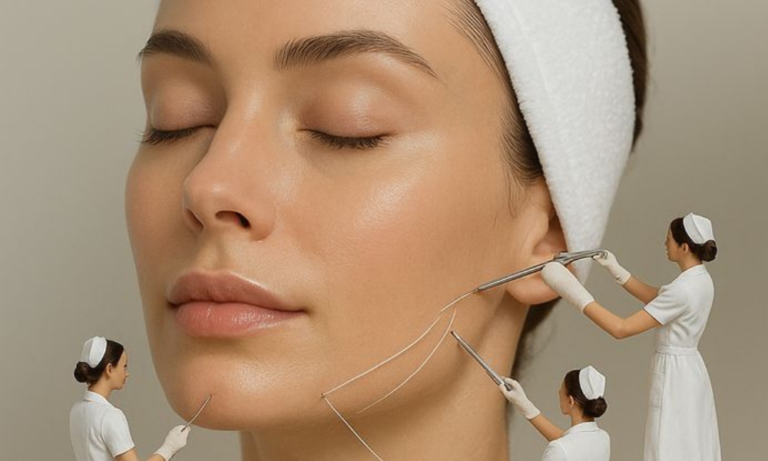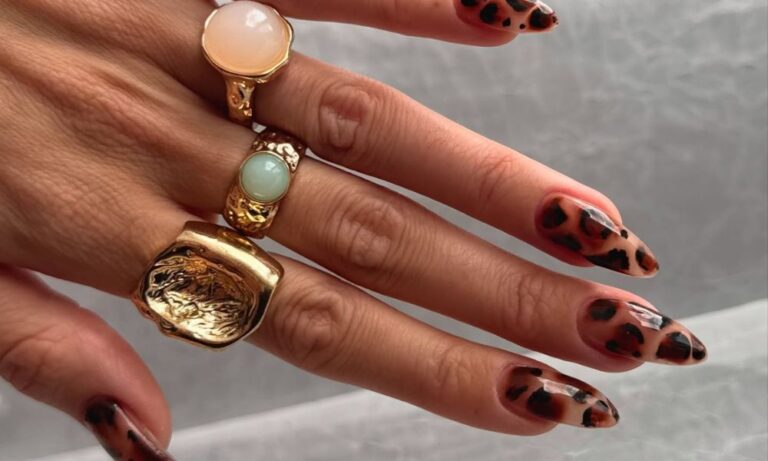Sound familiar? You’re not alone! The key to unlocking that perfect glow isn’t about splurging on fancy products—it’s about understanding how to know your skin type. So, how do you figure out if you’re oily, dry, combination, or sensitive? No stress! Grab a mirror, and let’s crack the code on your skin together.
Why Knowing Your Skin Type Matters
Imagine dressing for summer in a wool sweater. Ridiculous, right? Well, using skincare that doesn’t suit your skin type is just as disastrous. Your skin type dictates everything from your moisturizer to your cleanser, so knowing it is non-negotiable. The wrong products can make your skin act out, while the right ones can give you that lit-from-within glow.
The Mirror Test: What Is Your Skin Telling You?
This simple at-home test is a total game-changer. Here’s how it works:
- Wash Your Face: Cleanse your face with a gentle face wash and pat dry.
- Skip the Products: Don’t apply anything for at least an hour (yes, not even moisturizer).
- Observe: Look in the mirror and take notes.
- Shiny All Over? Oily skin is your type!
- Tight, Flaky Feeling? Hello, dry skin.
- Shiny T-zone, Dry Cheeks? You’ve got combo skin.
- Redness or Sensitivity? Sensitive skin might be the culprit.
Tips to Care for Each Skin Type
Oily Skin
- Go oil-free with your products.
- Use lightweight gels instead of heavy creams, and don’t skip exfoliation—it keeps your pores clear!
- Always carry blotting papers (your purse’s new BFF).
Dry Skin
- Hydration is the name of the game.
- Look for moisturizers with hyaluronic acid and ceramides.
- Avoid harsh cleansers—opt for creamy, hydrating formulas instead.
Combination Skin
- Use a lightweight moisturizer for your T-zone and a richer cream for your cheeks.
- Mask strategically: clay for oily areas, hydrating masks for dry spots.
Sensitive Skin
- Keep it simple.
- Stick to fragrance-free, hypoallergenic products.
- Always patch test new items before slathering them on your face.
When to Consult a Dermatologist
Sometimes, your skin can be a bit of a drama queen. If redness, irritation, or stubborn issues persist, it’s time to call in the pros. A dermatologist can pinpoint underlying conditions (like rosacea or eczema) and set you on the right path.
Love the Skin You’re In
Learning how to know your skin type is like finding your skin’s love language. Once you figure it out, you’ll unlock the secret to a glow that’s so good, everyone will want your skincare routine. So grab that mirror, follow these tips, and let your skin shine—literally.




